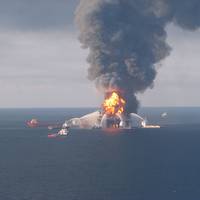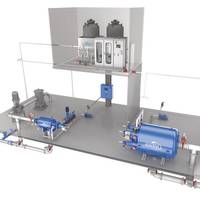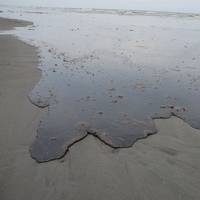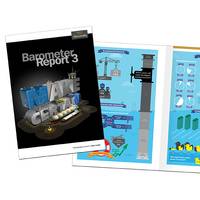What Did Scientists Learn from Deepwater Horizon?

April 20, 2020, marks the tenth anniversary of the Deepwater Horizon rig explosion, the offshore oil industry's biggest environmental disaster.Eleven people died, 17 others were injured, Transocean's drilling rig sank, and an incident caused more than four million barrels of oil to spill into the U.S. Gulf of Mexico from the BP-operated Macondo well which spewed oil into the ocean for 87 days before it was finally capped.In a review paper published in the journal Nature Reviews Earth & Environment…
sVGP Compliance Difficulties Continue for the Workboat Sector

The recent implementation (January 19, 2018) of the long-delayed small Vessel General Permit (sVGP) requirement has major implications for environmental regulations in general, and specifically how the compliance difficulties continue for vessel owners with no real end in sight. Moreover, the U.S. Coast Guard’s (USCG) recent publication of NVIC 01-18 (March 1, 2018), while helpful in advising owners on how to comply with the ballast water regulations, does not relieve vessels from the underlying requirements…
Collaboration Enhances Oil Spill Research

The University of South Florida’s (USF) College of Marine Science announced a new partnership with Agilent Technologies and the Gulf of Mexico Research Initiative (GoMRI) for analytical chemistry equipment to study oil spills. Funded by GoMRI and Agilent’s Research Support Program, the partnership will allow access to cutting-edge analytical instrumentation to better understand the effects of oil as well as other emerging contaminants in the environment. The Center for the Integrated…
Ports Claim PIANC Certification Key to Compliance and Regulation

More than 65% of port owners, operators and contractors said they request and check PIANC certification to ensure that marine fenders are sold as described, according to the third Barometer Report from Trelleborg’s Marine Systems business. Richard Hepworth, President of Trelleborg Marine Systems, said, “It’s reassuring that so many request and check PIANC certification. However, it’s important that owners and operators understand exactly what to look for – PIANC doesn’t have the legal mandate to enforce standards across the industry…
Propulsion: Optimizing Feed Rates For Crosshead Diesels
ExxonMobil introduced a program to optimize cylinder oil feed rates in low-speed (crosshead) diesel engines. The "Feed Rate Optimization" program is designed to help minimize operating expenses by analyzing scrapedown oil as a way to detect changes in the condition of an engine¹s cylinders. The program, which is designed to help customers find a balance between the cost of cylinder oil and the expense of wear-related cylinder maintenance, analyzes scrapedown oil collected from the engine’s scavenge space, a technique pioneered by ExxonMobil. It is designed to provide comprehensive laboratory testing and analysis of the oil sample, and offers onboard testing tools that enable ship’s engineers to quickly detect substantive changes in cylinder condition.





